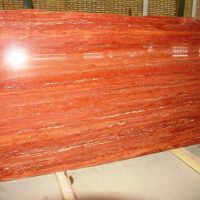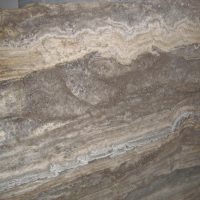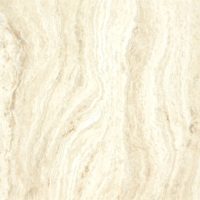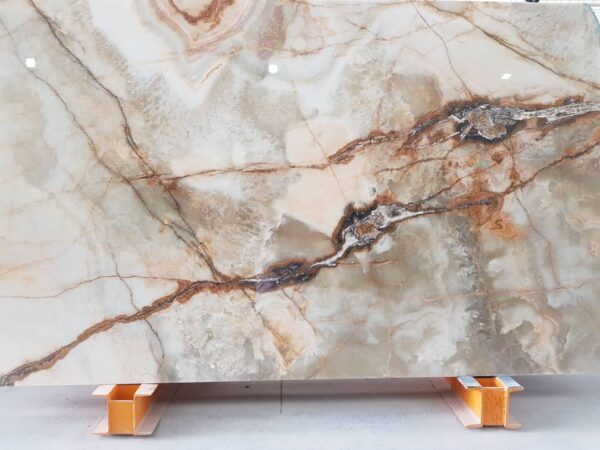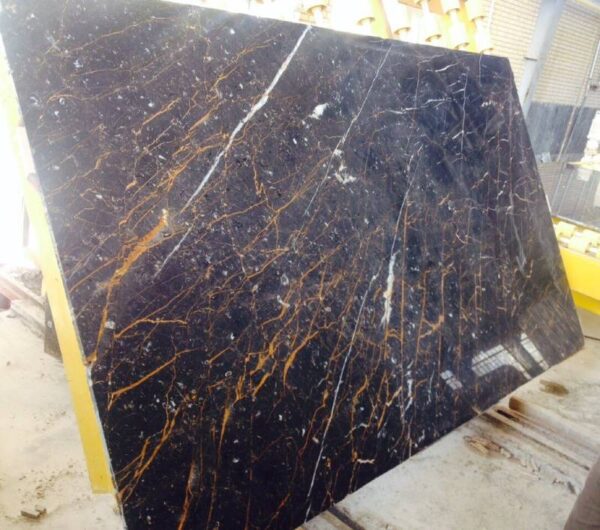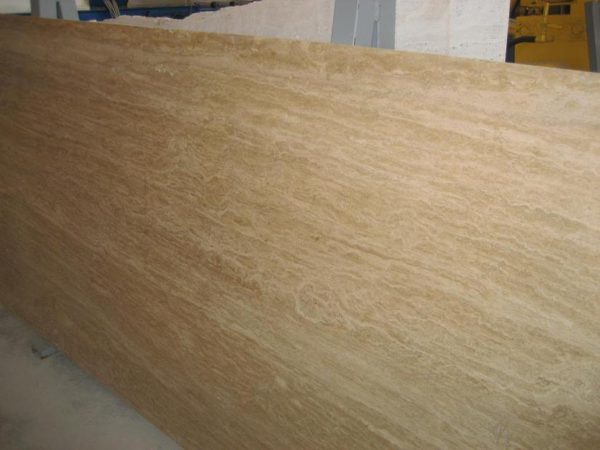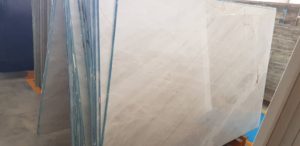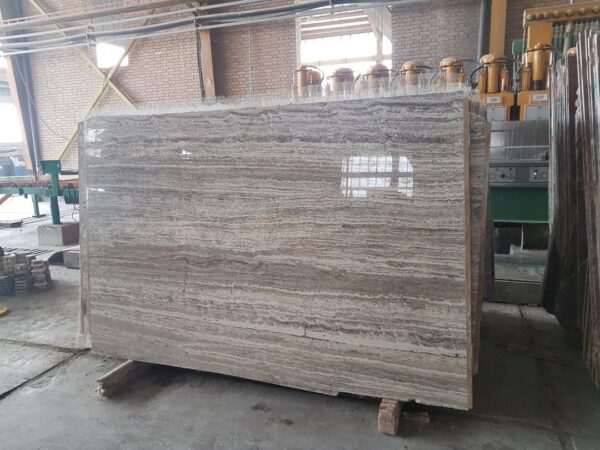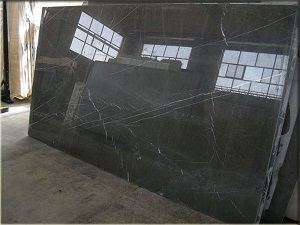Can You Use Vinegar on Travertine? Important Care Tips for Your Stone Surfaces
Travertine is a stunning natural stone that adds elegance and warmth to any space, whether used for flooring, countertops, or bathroom tiles. However, maintaining its beauty requires careful attention to cleaning products and methods. One common question homeowners ask is, “Can you use vinegar on travertine?” Understanding the impact of vinegar on travertine is crucial to preserving the stone’s integrity and appearance.
Why Vinegar Is Not Safe for Travertine Surfaces
The Acidity of Vinegar
Vinegar is a popular household cleaner known for its effectiveness in tackling grime, but it is not suitable for all surfaces. The reason lies in its acidity. Vinegar is an acid, typically with a pH level of around 2.5. While this acidity is excellent for breaking down dirt and stains on many surfaces, it can be harmful to natural stones like travertine.
Travertine is a calcium carbonate-based stone, making it sensitive to acidic substances. When vinegar comes into contact with travertine, it reacts with the calcium carbonate, causing the stone to etch. Etching results in dull spots and can even lead to more significant damage, such as surface pitting. This damage is often irreversible without professional restoration.
Safe Cleaning Alternatives for Travertine
Use pH-Neutral Cleaners
To keep your travertine surfaces looking their best, it’s essential to use pH-neutral cleaners that are specifically designed for natural stone. These cleaners are gentle yet effective, ensuring that your travertine maintains its polished appearance without the risk of etching or staining. Avoid common household cleaners like vinegar, lemon juice, or bleach, all of which can damage the stone.
Regular Dusting and Mopping
Regular maintenance is key to preserving the beauty of travertine. Dusting and sweeping frequently will help prevent dirt and debris from scratching the surface. For deeper cleaning, use a microfiber mop dampened with water or a pH-neutral stone cleaner. This routine will help maintain the stone’s natural luster and prevent the buildup of grime.
What to Do If Vinegar Has Already Damaged Your Travertine
Assess the Extent of the Damage
If vinegar has already been used on your travertine and you notice dull spots or etching, it’s important to assess the extent of the damage. Small, superficial etches may be less noticeable, but larger or more severe etching will require professional attention to restore the stone’s original appearance.
H3: Professional Stone Restoration Services
For significant etching or damage, it’s best to consult a professional stone restoration service. These experts can polish and refinish your travertine, restoring its smooth surface and shine. They may also apply a protective sealant to help prevent future damage from acidic substances.
Protecting Your Travertine for Long-Term Beauty
Regular Sealing
Sealing your travertine surfaces periodically is an effective way to protect them from spills, stains, and acidic substances. A quality stone sealer creates a barrier on the surface, making it easier to clean and less susceptible to damage. Reapply the sealer as recommended by the manufacturer, typically every one to two years, depending on the level of use.
Educate Your Household
To ensure the longevity of your travertine, educate everyone in your household about proper care techniques. Make sure everyone understands the importance of avoiding acidic cleaners like vinegar and knows how to properly clean and maintain the stone.
Conclusion: Choose Safe Cleaning Methods for Your Travertine
Vinegar may be a versatile cleaner for many household tasks, but it is not safe for use on travertine. To preserve the beauty and longevity of your stone surfaces, opt for pH-neutral cleaners and regular maintenance routines. If your travertine has already been damaged by vinegar, professional restoration can help bring it back to its original splendor.
Contact Us for Expert Advice and Products
Need more guidance on caring for your travertine surfaces? Contact us today for expert advice and recommendations on the best products to keep your stone looking its best.

